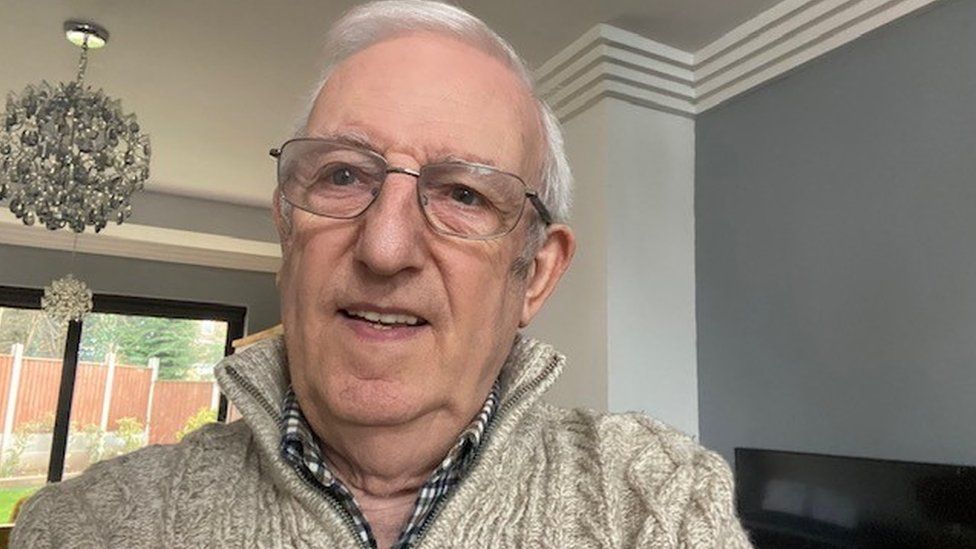文章管理 查看文章


Thousands of people a year voluntarily turn up to police custody. They are not detainees, but rather volunteers there to support and protect children and vulnerable adults held on suspicion of crimes.
With demand for the role rising, volunteers share their stories.
Retiree Fred Cox from Stoke-on-Trent started volunteering as an Appropriate Adult (AA) after his wife died during lockdown.
"I was married for nearly 60 years and suddenly you find yourself on your own," he said. "It keeps me active."
"People get themselves in such a mess sometimes. They're not necessarily all bad people, they've just done a wrong, silly thing and find themselves locked up."
He helps with a scheme organised by the Staffordshire Commissioner for Police, Fire and Rescue and Crime, which, like others across the UK, ensures children and vulnerable adults detained or questioned by police are treated fairly.
Mr Cox, a 79-year-old with a background in courts and probation, said he could be called up to six times a week.
'Quite graphic'
Detainees can include people with learning disabilities, mental ill-health and neurodiverse conditions.
"I've had shoplifting all the way up to murder, involving even babies. Some of it can be quite graphic," he said.
Despite the challenges, he finds working as an AA rewarding, citing a case of an autistic 18-year-old man he convinced to consult a solicitor.
"Quite a few of them they appreciate you being there and they're very grateful for it - but you do get the odd few who resent it," he said. "If there is a problem you get out of the room pretty quick."
Image source, Getty Images
The National Appropriate Adult Network (NAAN) says demand for AAs is increasing, although it believes there are many cases involving vulnerable adults that slip through the net.
"AAs are a critical protection to ensure people are treated fairly by police. But the gap in identifying vulnerable suspects remains massive," said the charity's chief executive, Chris Bath.
Following a freedom of information (FOI) request to forces across England and Wales, the NAAN found police had recorded the need for an AA in 7.3% of adult detentions in 2021, up from 5.9% in 2019.
But the charity believes a more realistic figure could be as high as 39%, which would mean as many as 200,000 detainees a year not receiving essential support.
The FOI data also reveals stark differences between forces.
While Derbyshire Police recorded the need for an AA to be present in 18% of cases over the three-year period, Staffordshire Police noted it in 4.2%, Warwickshire 1.5% and Dyfed-Powys Police in just 0.3% of total detentions.
The NAAN points out in some cases that police may have failed to secure an AA.
Your device may not support this visualisation
While local authorities are legally obliged to provide one for children, there is no statutory duty on any organisation to do the same for adults.
"Police officers need training, tools, and access to local appropriate adult schemes that are on a statutory footing," Mr Bath said.
"But the best thing we could do is reduce demand. The scale of vulnerability amongst suspects raises questions about whether we are asking police to pick up the pieces from failures elsewhere."
The National Police Chiefs' Council said it was working to improve identification of vulnerable adults in custody, highlighting a national training package developed following Dame Angiolini's re. Send your story ideas to: newsonline.westmidlands@bbc.co.uk
Related Topics